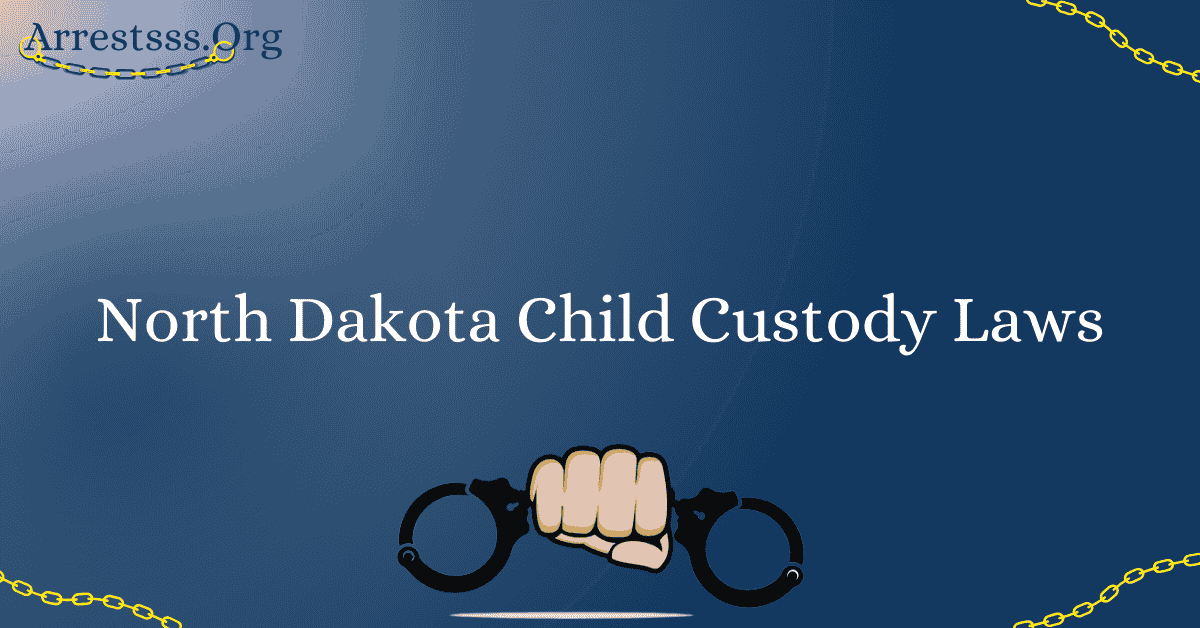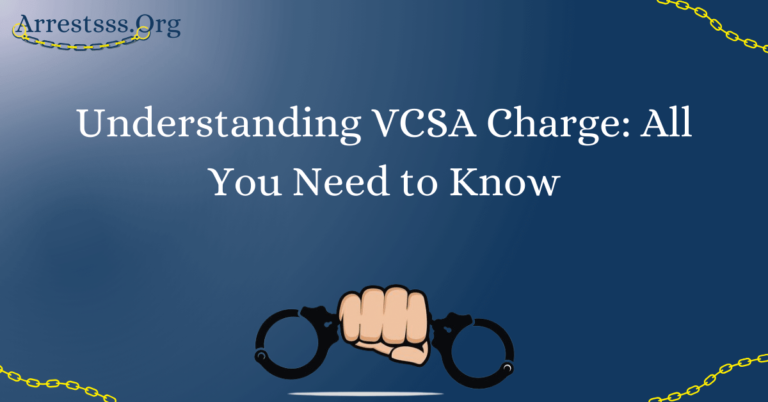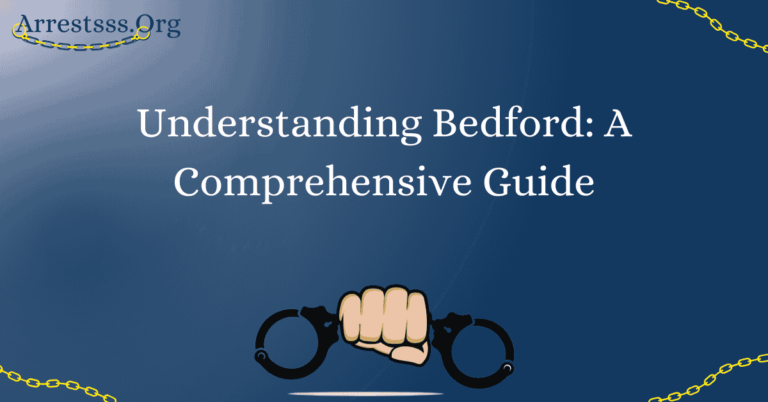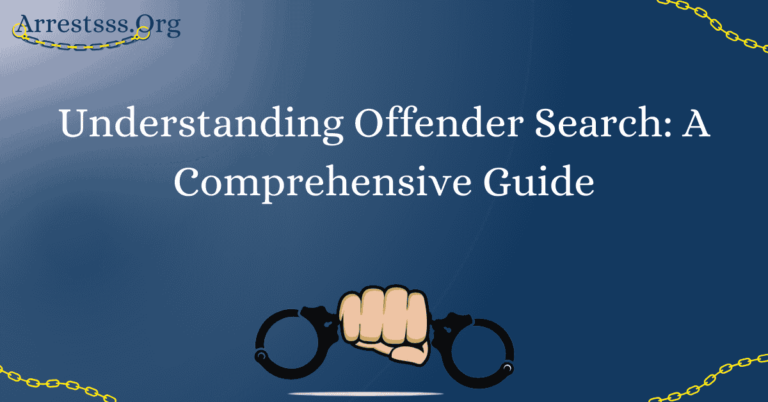North Dakota Child Custody Laws

Navigating North Dakota’s child custody laws is essential for parents facing divorce, separation, or custody disputes. This comprehensive guide aims to shed light on North Dakota’s child custody laws, helping you make informed decisions regarding your child’s well-being and parental rights.
Types of Child Custody
In North Dakota, child custody arrangements primarily fall into two categories: physical custody and legal custody.
Sole Physical Custody: With sole physical custody, one parent has primary physical custody of the child, while the other typically has visitation rights.
Joint Physical Custody: Joint physical custody involves both parents sharing significant time with the child. This arrangement aims to provide the child with a balanced upbringing by spending time with both parents.
Legal Custody: Legal custody pertains to the authority to make important decisions in the child’s life, such as those concerning education, healthcare, and religion. North Dakota courts may grant:
Sole Legal Custody: One parent has the exclusive right to make these decisions.
Joint Legal Custody: Both parents share decision-making responsibilities, ensuring that major choices are made jointly in the child’s best interests.
Factors Considered in Custody Determination
When North Dakota courts make custody decisions, they consider several factors, all aimed at ensuring the child’s best interests:
Child’s Age: The child’s age plays a crucial role in determining custody arrangements. Younger children may benefit from a more stable environment, while older children’s preferences may be taken into account.
Physical and Emotional Well-being: The court assesses the physical and emotional health of each parent and their ability to provide a safe, nurturing environment.
Willingness to Promote a Healthy Relationship: Courts favor parents who encourage a strong relationship between the child and the other parent, fostering a sense of stability and continuity.
Child’s Preference: If the child is mature enough, their preference may be considered, although it’s not the sole determining factor.
Parenting Plans and Mediation
To reduce conflict and ensure cooperation between parents, North Dakota encourages the creation of parenting plans. These plans outline how parents will share responsibilities and make decisions regarding the child’s upbringing. Mediation is often used to help parents reach agreements regarding custody and parenting plans, focusing on the child’s best interests.
Modification of Custody Orders
Life circumstances can change, necessitating adjustments to custody arrangements. North Dakota allows for the modification of custody orders if there’s a significant change in circumstances and the modification serves the child’s best interests. Common reasons for modification may include parental relocation or changes in a parent’s lifestyle.
Enforcement of Custody Orders
Enforcing custody orders is crucial to maintain stability and consistency in a child’s life. North Dakota provides mechanisms to ensure compliance with custody orders and safeguard the rights of both parents. If a parent fails to comply with a custody order, legal action may be taken to enforce it.
FAQ’s
What factors do North Dakota courts consider when determining child custody?
North Dakota courts consider various factors, including the child’s best interests, their age, the physical and emotional well-being of each parent, and each parent’s willingness to promote a healthy relationship between the child and the other parent.
Can custody arrangements be modified in North Dakota?
Yes, North Dakota allows for the modification of custody arrangements if there’s a significant change in circumstances, and the modification serves the child’s best interests.
How does mediation work in child custody disputes?
Mediation in child custody disputes involves a neutral third party assisting parents in reaching agreements on custody and parenting plans. It aims to reduce conflict and prioritize the child’s well-being.
Is joint physical custody common in North Dakota?
Yes, joint physical custody is relatively common in North Dakota, as it allows children to spend significant time with both parents, provided it is in their best interests.
Can grandparents obtain custody rights in North Dakota?
In certain circumstances, grandparents may seek visitation or custody rights in North Dakota. However, the court’s decision will be based on the child’s best interests.
How can I enforce a custody order in North Dakota if the other parent is not complying?
North Dakota provides legal mechanisms for enforcing custody orders. You can seek court intervention to ensure the other parent complies with the order and fulfills their parenting obligations.






